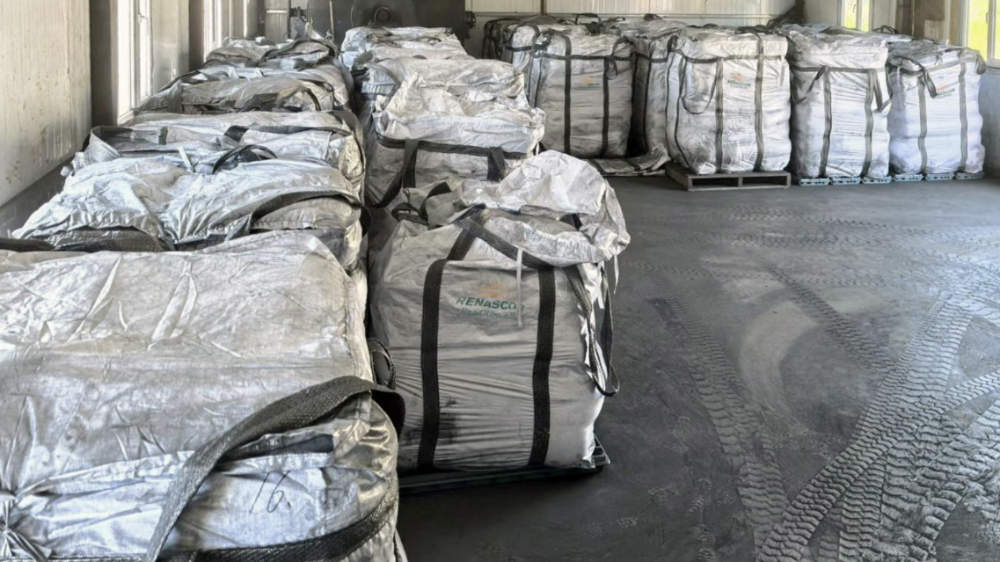- Renascor supplies graphite concentrate for the purpose of a demonstration facility that produces purified spherical graphite.
- The process generates a concentrate with a 96.8% carbon grade and 96.5% recovery, surpassing the DFS criteria.
- Notable accomplishment as the US imposes 93.5% anti-dumping tariffs on Chinese anodes
Special Report:Renascor Resources has achieved another significant milestone by producing graphite concentrate from a 730-tonne bulk ore sample taken from its Siviour deposit in South Australia.
The concentrate will serve as raw material for the company’s upcoming purified spherical graphite demonstration plant, which is supported by funding from the Australian government.
It was handled at a commercial graphite plant in China using standard flotation methods based on the company’s enhanced process flow.
Notably for Renascor Resources (ASX:RNU), the process went beyond the scope of its definitive feasibility study by generating a concentrate with an average grade of 96.8% carbon and 96.5% graphite recovery (95% carbon and 95.5% recovery in the DFS).
The first shipments of the concentrate are anticipated to reach South Australia in time for the planned activation of the demonstration facility during the December 2025 quarter.
The facility aims to showcase the commercial potential of the company’s environmentally friendly, hydrofluoric acid-free PSG process and is a central part of RNU’s plan to be the first non-Chinese integrated producer of PSG for lithium-ion battery anodes.
This will take advantage of the rising demand for alternative supply chains, moving away from those controlled by China, as shown by the US Department of Commerce’s recent decision to impose 93.5% anti-dumping taxes on Chinese anodes – raising US tariffs on most Chinese anode materials to 160%.

Low cost graphite concentrate
The managing director, David Christensen, stated that the competitiveness of RNU’s BAM project is supported by the Siviour graphite deposit, which could potentially become one of the world’s most cost-effective sources of graphite concentrates.
Siviour holds the second-largest confirmed graphite reserves globally and is the biggest outside of Africa.
“Our efforts in advancing the technical readiness of our purification process, such as using bulk sample material for our PSG demonstration plant, provide an extra competitive edge that could turn Renascor into a fully integrated battery materials company, supplying a secure and cost-effective source of high-quality, 100% Australian-produced graphite,” he stated.
The new anti-dumping tariffs introduced by the United States on Chinese anode material underline the importance of initiatives such as Siviour to meet the increasing demand for battery anode material outside China.
RNU anticipates the start of the water treatment system commissioning at its pilot facility this quarter, with full-scale commissioning planned to commence in the following quarter.
This article was created in partnership with Renascor Resources, an advertiser at the time of publication.
This piece is not intended as financial product guidance. It is recommended to seek impartial advice prior to taking any financial actions.
The post A significant step forward in Renascor’s battery anode goals through graphite concentrate production appeared first on .






